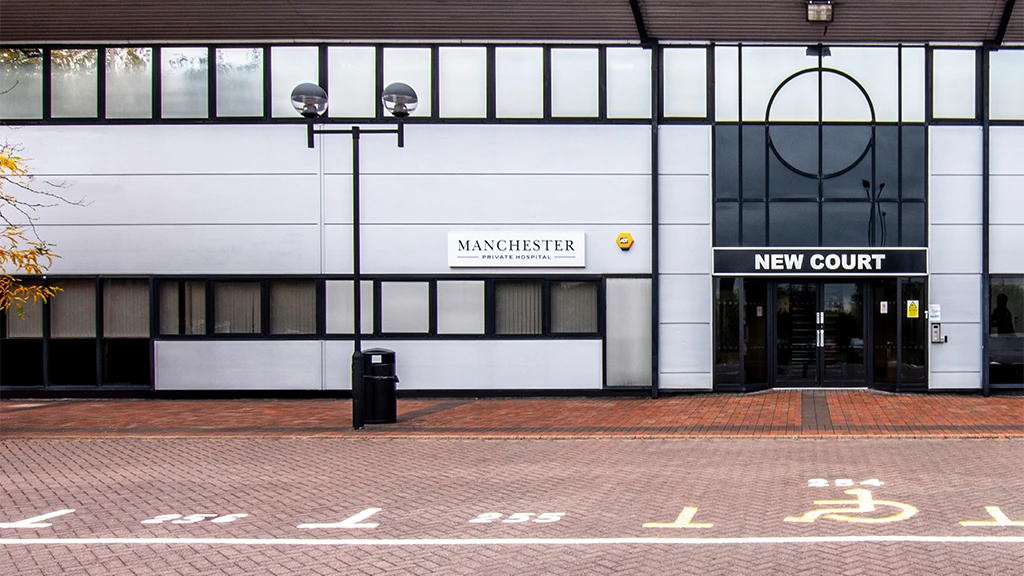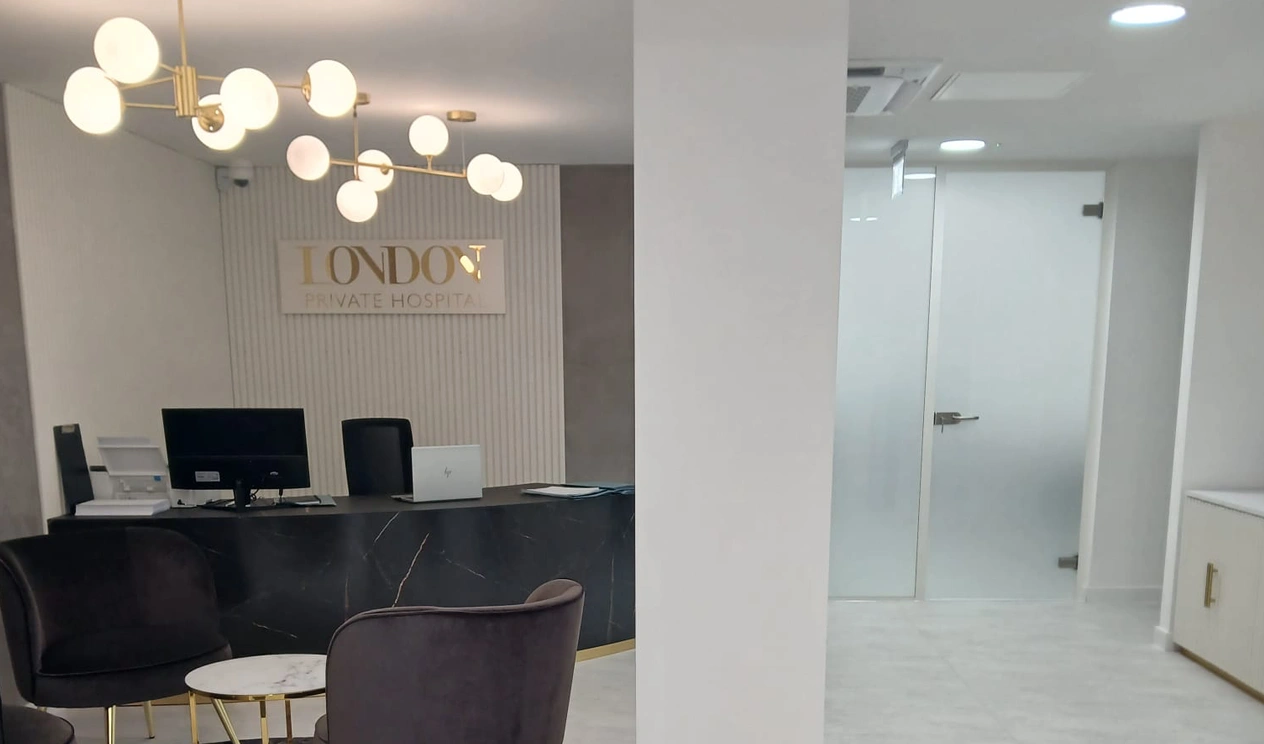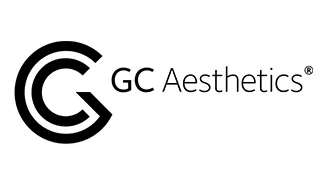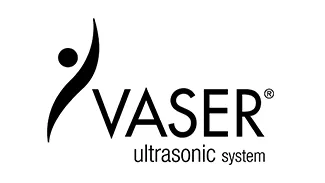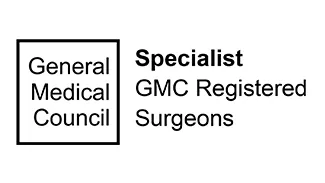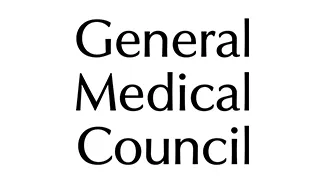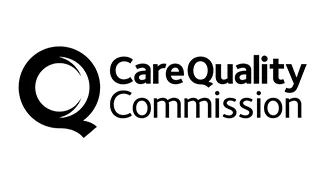This Article Covers:
- Things to consider before having facial implants :
- Finding a cosmetic surgeon :
- Medical issues and facial implants :
- Facial implant operation :
- Immediately after a facial implant operation :
- Complications of facial implants :
- Temporary or permanent areas of numbness :
- Long-term outlook after facial implant surgery
- Alternatives to facial implants :
Facial implants are a form of cosmetic surgery used to improve a person’s facial contours or provide a more harmonious balance to their face and features. Facial implants also restore shape to a face after trauma or major disease (such as cancer). Implants may be made of human tissue or synthetic materials such as silicone or polythene.
Some people choose to have cheek implants because they think their cheeks look flat or sunken. Cheek implants can make the cheeks look larger, higher or fuller.
Chin implants are usually chosen because people think their chin looks too small. Alternatively, a plastic surgeon may recommend a chin implant to a person having reparative nose surgery (rhinoplasty). The purpose is to provide facial proportion, as the size of the chin may influence how the nose looks.
If you are concerned about the way you look or are thinking about cosmetic treatments to boost your confidence, there are alternatives. These may include lifestyle changes or accepting yourself the way you are.
Things to consider before having facial implants :
Before you opt for facial implants, some important issues to keep in mind include:
Some facial implants are made from silicone. Concerns have been raised about the safety of silicone implants. Currently, there is no clear scientific evidence that silicone is a harmful substance.
Think about the financial cost. Cosmetic surgery does not usually qualify for rebates from Medicare or private health insurance.
Smokers are at increased risk of complications. If you are serious about undergoing cosmetic surgery, you should try to quit smoking.
Finding a cosmetic surgeon :
Ask your doctor for advice on a suitable and reputable surgeon or hospital where facial implant surgery is performed. At your first consultation, you should ask the surgeon about their training and experience.
It is preferable to have this procedure done by a surgeon who is specially trained to perform facial implant surgery and has a lot of experience in carrying out this type of operation.
Medical issues and facial implants :
Before the operation, you need to discuss a range of medical issues with your surgeon including:
Physical health – an examination will help your doctor or surgeon decide if the treatment is appropriate.
Medical history – some pre-existing conditions and surgery you have had in the past may influence decisions about this operation, including the type of anaesthetic used.
Risks and possible complications – it is important that you understand the risks and complications so that you can weigh up whether facial implants are right for you.
Your medications – tell your surgeon about any medications that you take on a regular basis or have recently taken, including over-the-counter preparations such as fish oils and vitamin supplements.
Mouth health – if the implant surgery will involve an incision (cut) inside your mouth, it is important that you tell your surgeon if you smoke, or if you have any dental or gum problems.
Past reactions to drugs – tell your surgeon if you have ever had a bad reaction or side effects from any medications, including anaesthetics.
Preparing for surgery – the surgeon will give you detailed instructions on what you should do at home to prepare for surgery. For example, you may be advised to take a particular medication or alter the dose of an existing medication. Follow all instructions carefully.
Facial implant operation :
Facial implant surgery may be performed using local anaesthetic and sedation, or a general anaesthetic. Your surgeon will advise on which option is best for you.
Cheek implant :
Cheek implant surgery usually takes about 30 to 45 minutes. If you are just having implants, the steps generally include:
- An incision (cut) is made either inside your upper lip or through your lower eyelid.
- A pocket is formed and the implant is inserted.
- The implant is held in place by the cheek muscles, stitches or metal screws.
Stitches are used to close the incisions inside your mouth – these usually dissolve within about 10 days.When cheek implants are being placed as part of another cosmetic operation (such as a facelift, forehead lift or eyelid surgery), the implants may be inserted through the incisions made for those procedures.
Chin implants :
Chin implants are made from a variety of materials including silicone, other man-made materials (such as polythene) or tissue from your own body. The steps generally include:
The surgeon makes an incision either on the underside of the chin or inside the mouth at the lower lip.
If you are having an operation using your own tissue, this may be achieved by having the bone of your chin cut and moved forward, then secured with metal plates and screws.
If your operation involves a synthetic implant, the implant is put into position and the incision is closed.
Immediately after a facial implant operation :
After the operation, you may expect:
- Mild pain or discomfort
- To be given antibiotics to prevent infection
- To have the wound protected with tape and dressings
- Swelling and bruising
- Numbness.
Complications of facial implants :
All surgery carries some degree of risk. Some of the possible complications of facial implants include:
- Allergic reaction to anaesthetic, which may (rarely) be fatal
- Bleeding or infection
- Blood clots that may cause potentially fatal cardiovascular complications such as heart attack, deep vein thrombosis or stroke
Temporary or permanent areas of numbness :
- Inflamed, itchy scars
- Difficulty talking or smiling for several weeks
- Reduced ability to move your mouth and lips – this is usually temporary
- Infection surrounding the implant
Movement of the implant, which will require further surgery.Further surgery may be required to treat complications.
This is not a complete list. For example, your medical history or lifestyle may put you at increased risk of certain complications. You need to speak to your surgeon for more information.
- Self-care after a facial implant operation
- Be guided by your surgeon, but general self-care suggestions include:
- Follow all instructions about looking after your wounds.
- Expect some soreness and swelling for a few weeks.
- Avoid any trauma to the wounds – for example, do not rub at them.
- Follow your surgeon’s instructions on mouth hygiene if you have wounds inside your mouth – for example, you may be advised to use mouthwash rather than a toothbrush for a while.
- Eat soft foods while your mouth wounds heal.
- Expect to be back at work within a week if no other procedure besides facial implant surgery was performed, as recovery is generally rapid.
- Report any bleeding, severe pain or unusual symptoms to your surgeon.
Long-term outlook after facial implant surgery
- The swelling may take a long time to reduce. You may not be able to see your new look for some months after the surgery. The effects should be subtle, but noticeable.
- Implant results will be semi-permanent if human tissue is used because the tissue will age. The result will be permanent if synthetic implants such as silicone or polythene are used.
Alternatives to facial implants :
There are no medical alternatives to facial implants that can reshape the cheeks or chin. Weight loss or weight gain, however, may change the shape of your face. Talking to a counsellor or psychologist may help you overcome your concerns about your appearance and you decide that you like yourself the way you are.
For more details on facial implants, please visit: https://temp.nucosmeticclinic.uk/cosmetic-surgery/body-reshaping-surgery/facial-implants/
3 ways to book your consultation with us
Nu Cosmetic Clinic services are now available through Manchester Private Hospital.
Click here or Use the form below to submit your request seamlessly.
Request Your Free Consultation
Nu Cosmetic Clinic services are now available through Manchester Private Hospital. Click here or Use the form below to submit your request seamlessly.



